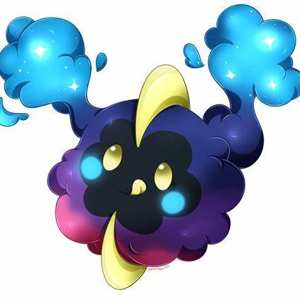select
datediff(day,try_convert(datetime,StartDate,103) ,
try_convert(datetime,CurrentDate,103) )
from test
How to subtract two date of format DD/MM/YYYY HH:MM:SS in SQL Server
Hi All, i have two dates type of nvarchar in SQL Table shown in below StartDate CurrentDate 02/01/2024 16:25:27 15/01/2024 15:36:36 when we apply datdiff(day,StartDate,CurrentDate) in Azure SQL it is error out please help
Azure SQL Database
SQL Server | Other
-
Jingyang Li 5,896 Reputation points Volunteer Moderator
2024-01-15T20:00:58.0266667+00:00
3 additional answers
Sort by: Most helpful
-
 Viorel 122.7K Reputation points
Viorel 122.7K Reputation points2024-01-15T17:31:33.91+00:00 Try to execute
set dateformat dmybefore your query. Or use this:datediff(day, convert(date, StartDate, 103), convert(date, CurrentDate, 103)). It is probably convenient to use the datetime datatype instead of nvarchar. -
 Olaf Helper 47,516 Reputation points
Olaf Helper 47,516 Reputation points2024-01-15T21:03:09.2333333+00:00 have two dates type of nvarchar in SQL Table
That's already the failure, never store dates as string; store them as dates.
when we apply datdiff(day,StartDate,CurrentDate) in Azure SQL it is error out
Sure, you store it as string, not as date. You have to convert the data, see previous answers.
-
 LiHongMSFT-4306 31,576 Reputation points
LiHongMSFT-4306 31,576 Reputation points2024-01-16T01:36:52.2066667+00:00 Hi @manish verma
i have two dates type of nvarchar in SQL Table shown in below StartDate CurrentDate when we apply datdiff(day,StartDate,CurrentDate) in Azure SQL it is error
See this doc: DATEDIFF (Transact-SQL)
The values of StartDate and CurrentDate should be one of the following values:
- date
- datetime
- datetimeoffset
- datetime2
- smalldatetime
- time
Apparently,
nvarcharis not supported when using this function.You need to convert nvarchar values to date values first, then apply datediff function.
Please refer to this doc for more details about CAST and CONVERT.
Best regards,
Cosmog Hong
If the answer is the right solution, please click "Accept Answer" and kindly upvote it. If you have extra questions about this answer, please click "Comment". Note: Please follow the steps in our Documentation to enable e-mail notifications if you want to receive the related email notification for this thread.